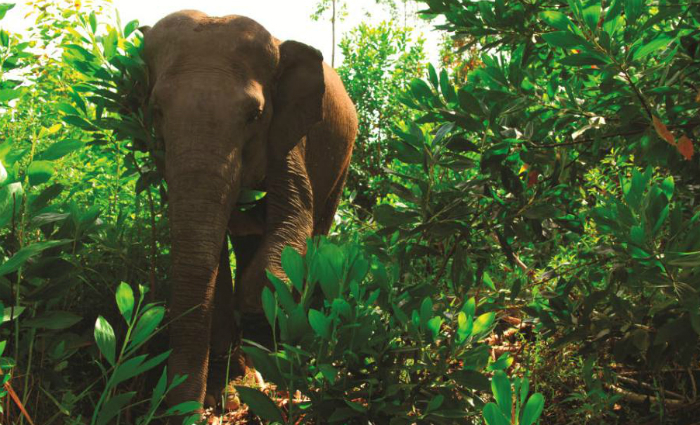A new report backs the moves that paper manufacturing giant Asia Pulp and Paper (APP) has made in implementing its zero-deforestation, in its fourth year of its forest conservation policy (FCP).
APP, one of the world’s biggest papermakers, fought a decade long battle with environmental groups before the two sides made peace and agreed a way forward. The FCP has four key principles: protecting national forests; best practice in peatland management; partnership with local communities; and responsible global supply chain management.
The report highlights progress on the four key principles: protecting national forests shows APP has completed the Integrated Sustainable Forest Management Plan (ISFMP) as one of the key components in achieving the FCP, consolidating data and recommendations gathered through various assessments (high conservation value, high carbon stock, Peat (in stages) and social) as well as inputs from stakeholders.
Aida Greenbury, managing director, APP says, “APP’s transformation process is now integrated into the fabric of the company. The report that we publish today, and the verification that has been undertaken to review our FCP in the past 12 months confirms, that as a business we remain on the right path.
“We are now entering the fifth year of relying exclusively on fibre sourced from responsibly managed plantations throughout our supply chain. This is a journey which has no end, because no one is perfect and we will constantly seek to improve and protect the landscapes on which we depend, while improving the livelihood of the communities who depend on us.
“We have learnt a great deal over the past four years. We always knew the journey would be challenging but we continue to invest our time and resources, together with our stakeholders, into finding the right solutions to this challenge for our company, our industry and beyond.”
Best practice in peatland management continues the first LiDAR (Light Detection and Ranging) mapping in 2015, the second LiDAR mapping has been completed in Riau and Jambi, while the works in Musi Banyuasin (Muba), Ogan Komering Ilir (OKI) and West Kalimantan is scheduled in Q1 2017.
In partnering with local communities APP in December 2016, more than 40 per cent of mapped conflicts are considered as resolved, meaning an agreement was reached and in many cases already in the process of being implemented. APP also engaged The Forest Trust (TFT) to conduct due diligence to provide further verification on the status of our Social Conflicts Resolution processes.
All existing and potential suppliers are evaluated against the Supplier Evaluation & Risk Assessment (SERA) to ensure continued compliance to the FCP as well as to evaluate risks based on their operations, this is to ensure responsible global supply chain management.
APP says it wants to use its own experience in the last four years of implementing the FCP to contribute to finding solutions for how businesses can address climate change.
The report also flags new approaches and initiatives APP is exploring to further embed the FCP across the company’s concessions. This includes plans to undertake a broad natural capital assessment to better integrate environmental management with economic development.


